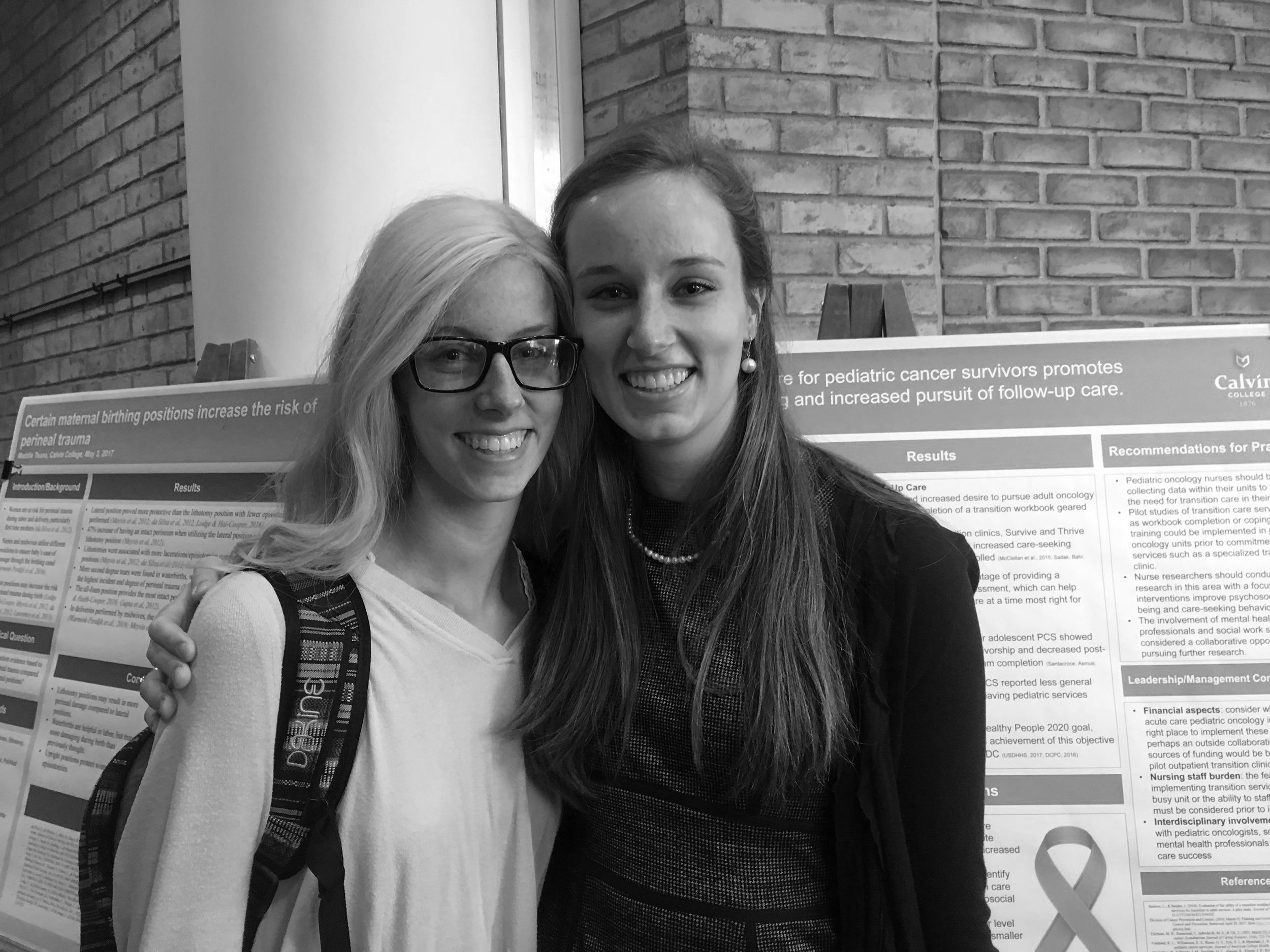SURVIVORSHIP: SPRING
Survivorship can be beautiful and difficult, like the first flowers of the year amidst frost or a butterfly emerging from a chrysalis. This season of the cancer journey is especially difficult to conceptualize because some of us walk alongside our siblings as they experience their own season of re-emergence into the world, but others of us find ourselves as the survivors of a terrible loss. Although far from comprehensive, I hope the list of resources below is helpful to you during this open-ended season of survivorship. If you’re looking for written reflections on this topic, you can find that here.
I know whatever I put here will fall short on some days. My sister is still in remission, so I want to be respectful and careful when it comes to giving advice in this area as I haven’t walked the path myself. In spite of that, I want this space to be supportive no matter where the cancer journey takes you. The following resources are shared with as much humility as possible from my experiences losing other loved ones:
If you find yourself as the survivor…
Grief Resources
Although hospice is generally thought of only as the care given prior to death, they also have robust grief resources. The link above leads to the national hospice grief resource page with links to local support groups, guidance for determining if you need professional help, and articles on things like how to grieve when your relationship with your sibling was strained or how to navigate the holiday season without your sibling.
Dark humor and cynicism
When you find yourself in a bitter headspace, cracking jokes only someone who has lost a loved one could understand, you will appreciate the work of Nora McInerny. From her memoirs on losing her husband to brain cancer and rebuilding her life afterward, to her podcast Terrible, Thanks for Asking, Nora strikes a darkly humorous tone that can be refreshing amidst a sea of pastel sympathy cards that don’t get at your anger and loss.
The “right” words
At this point in the cancer journey, you are very much aware that people say stupid, hurtful stuff when they mean well. Unfortunately this is especially true after a death. Give yourself permission to gently inform people that you’re not really up to silver linings today. A wise pastor once told me, “Sometimes things are true and better left unsaid.” She was referencing Romans 8:28, which states all things work together for the good of those who love God, but I’ve taken comfort in this idea through a range of insensitive remarks.
You may find yourself wondering why things still aren’t back to “normal.” Unfortunately, pre-cancer “normal” is probably not an option anymore, for you or for your sibling. As weeks and months stretch into years of survivorship, your perspective on life will continue to be shaped by the way cancer has touched your family. Here are some resources I have found helpful as my sister and I continue to walk this path:
If your sibling is a survivor…
Advocacy
If and when you feel ready, volunteering to help cancer patients and their families can be a helpful part of the healing journey. Whether it means financially supporting research organizations like Stand Up to Cancer or volunteering your time at a Be the Match bone marrow registry event, giving back helps you feel like you can make some good out of a terrible past.
Everything Happens
One of the voices I’ve come to rely on as a leader in the survivorship space is Kate Bowler. A colon-cancer survivor herself, she writes and speaks beautifully about the difficult and gray space of living joyfully without plugging your ears in denial. At the link above you will find information on her books and her podcast, Everything Happens. Although she’s marketed as an optimist, it’s not a pat-your-head-and-move-on optimism. It’s the true, deep kind you work on each day.
Acknowledge the unknown
After your sibling is in remission, it can be difficult to live in the tension of knowing relapse could happen, but not staying stressed about it every day. This becomes even harder if your sibling has experienced cancer more than once. I wish I had a link to the magic remedy for this feeling of uncertainty, but I don’t. Admitting it to yourself is a good first step. Every day I’m trying to find the middle path of hopeful realism, treasuring my sister more than I did before while not obsessing over her future.

